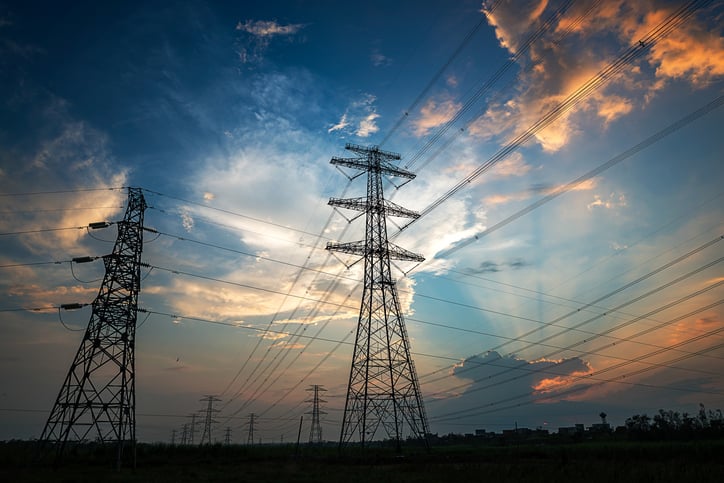Labour’s plans to renationalise the UK’s energy networks would place at serious risk the country’s hopes of meeting its legally-binding net zero target, a new report has said.
The damning report, compiled by economics consultancy Frontier Economics on behalf of the Energy Networks Association (ENA), found that the proposals – outlined in Labour’s ‘Bring Energy Home’ report published earlier this year – would divert resources and investment, and create deep uncertainty that led to a potential drain of talent in various fields.
The 67-page report, which professes to be the first major review of Labour’s plans, was published on the eve of the party’s conference, which runs this week, and ahead of the party’s shadow energy secretary Rebecca Long Bailey giving her speech on climate issues tomorrow morning (Tuesday 24 September 2019).
Its key concerns are that a complete overhaul of the ownership and structure of energy networks would take a significant amount of time to establish, leading to delays in clean energy initiatives, and that energy innovation would be disrupted by a slowdown in investment created by uncertainty.
Furthermore, the high costs associated with renationalising huge swathes of the energy sector, coupled with uncertainty over how new energy agencies would fund measures necessary to deliver the net zero target, could lead to increased costs for consumers.
Mike Huggins, director of energy at Frontier, said there was “nothing in these proposals” that suggests the country should have confidence that they will meet the “enormous challenge of achieving net zero on time and at reasonable cost”.
“We share the objectives set out in Bringing Energy Home, but we are clear that the most cost effective and efficient way to achieve these is by building on the progress networks are already making towards this target. A complete restructuring of the energy sector would not only be costly and unnecessary, but would also lead to significant disruption and delays to achieving the goals of net zero by 2050 when it is clear that time is not something we currently have the luxury of,” David Smith, chief executive at the ENA, added.
Key findings
Frontier was commissioned by the ENA to comment specifically on whether it considered that policies outlined in Labour’s report would be likely to achieve their stated aims; if not, then why not; and whether evidence suggested that the status quo was better likely to meet Bring Energy Home’s objectives more efficiently.
Frontier said it developed an evidence-based approach to appraising the policy proposals that formed Labour’s report, drawing on historical performance of utility infrastructure in the UK under various governance and ownership models, set against academic and other evidence.
It said the proposals have a “very significant risk” of being less effective than the existing system, and are based on a model that is “entirely unproven” and subject to a number of issues deemed fundamental to it moving forward.
Specific concerns cited by Frontier included the notion that major change would bring delay, disruption and uncertainty; that innovation could be stymied; that the country’s energy networks could face uncertain access to funding; the geographic split of networks included within the proposals would lead to inefficiencies, resulting in the possible development of a postcode lottery around costs and reliability; and that conflicts of interest would be created over the “confused roles” of certain entities.
Instead, an incoming Labour government would be better served by using the existing system as a “strong foundation” from which to make incremental changes, rather than bring about a complete overhaul of the way the UK’s energy system currently works.
“There should be no return to the ingredients of what has in the past proven to be a failed system,” the report concludes.
The full report, and its findings, can be read here.
What’s in Bring Energy Home
Having been rumoured for some weeks prior, the Labour Party published its Bring Energy Home proposals in mid-May, amounting to a radical rethink of the energy sector.
In the event of a Labour general election victory, the party would “immediately” bring the UK’s distribution and transmission networks into public ownership, transforming those companies into “nested, participatory, transparent institutions” which would be managed over the course of Labour’s first term.
Network company assets would be nationalized through an Act of Parliament, and former owners compensated through a bond issuance from HM Treasury. But crucially, deductions would be made to reflect what Labour billed as “asset stripping since privatization”, reducing the price current investors would expect to receive.
A ‘National Energy Agency’ would then be established to manage the operation of the transmission system, followed by a total of 13 Regional Energy Agencies to replace the existing DNO framework. These REA’s would also assume responsibility for decarbonisation and tackling fuel poverty.
A full summary of the proposals and the industry’s initial response to them can be read here.






